|
You are using an insecure Internet browser
Navigateur internet non sécurisé
您在使用不安全的网页浏览器。
|
||
|
We have noticed that you are using Internet Explorer which is an outdated and insecure Internet browser. Please use one of the browsers below for a safe and optimal experience on our website.
Nous avons remarqué que vous utilisez Internet Explorer, qui est un navigateur internet obsolète et non sécurisé. Nous vous recommandons d’utiliser à la place l’un des navigateurs ci-dessous pour une expérience sûre et optimale sur notre site.
我们注意到您使用的Internet Explorer是过时且不安全的网页浏览器。请使用以下任一浏览器,在我们的网站上获得安全及最佳体验。
|
||
| Edge | Firefox | Chrome |
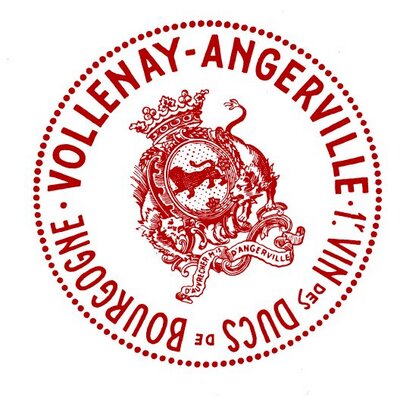
Domaine Marquis d’Angerville owns much the same plots as when the property was documented in 1507 by an officer performing an inventory of King Louis XII’s holdings in the region.
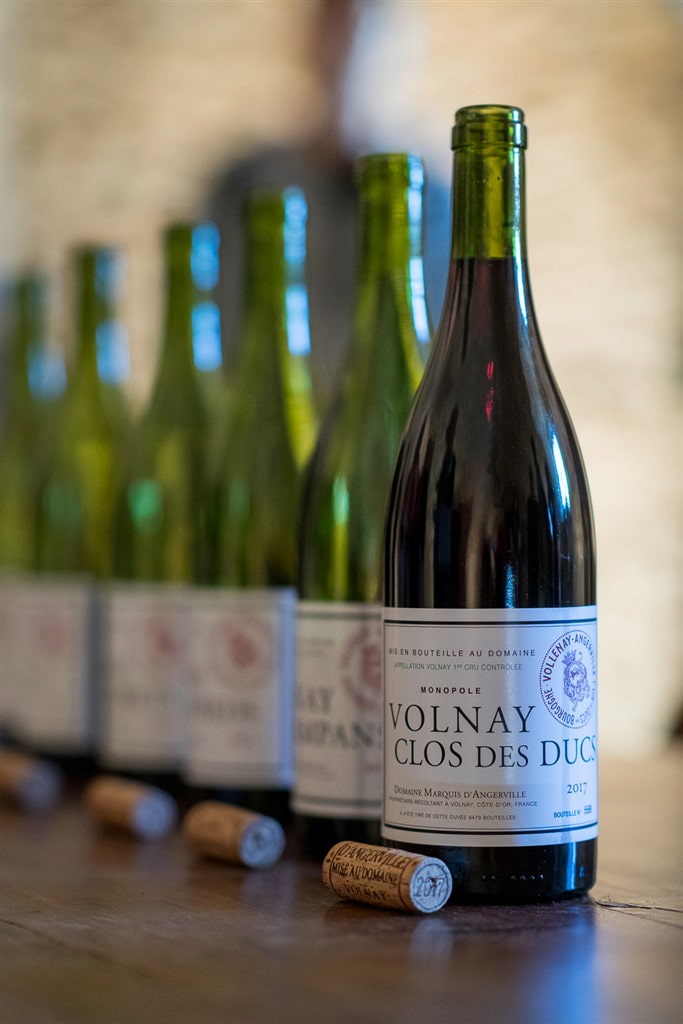
It is an interesting coincidence that the past three owners of Domaine Marquis d’Angerville, one the leading estates of the Côte de Beaune, all took charge without much prior knowledge of viticulture and wine-making. They learnt by doing before becoming preeminent actors on the Burgundy wine scene, with Sem d’Angerville (Guillaume’s grandfather) even playing a game-changing role in the region. The family history of the domain starts with Jean-Baptiste Eugène Jobard du Mesnil (1778-1835). This Baron d’Empire acquired the Clos des Ducs, which to this day remains a Monopole belonging to the domain, in 1804, together with several other vineyards located on the village of Volnay.
After his grand-son Eugène Jobard du Mesnil died in 1888 without a direct heir, the property went to Eugène’s nephew and godson, Sem, Marquis d’Angerville, who was then just fifteen years old. After pursuing an artistic education and vocation, Sem took charge of the estate in 1906, without prior knowledge of winemaking. He began his own education “on site” while replanting the vineyards which had been destroyed by phylloxera at the end of the 19th century.
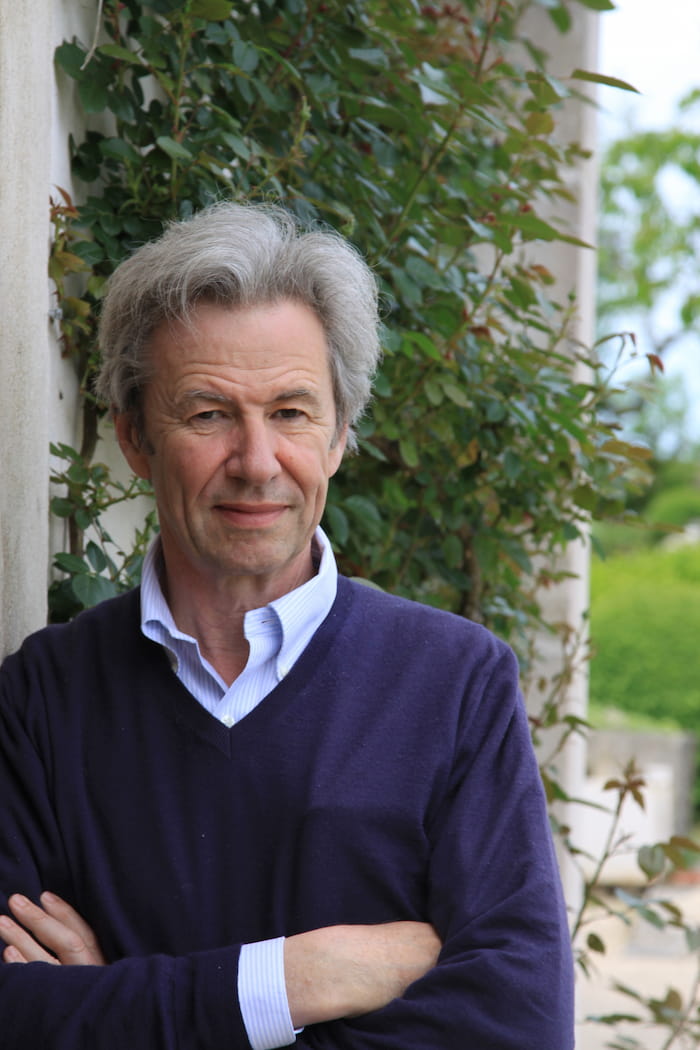
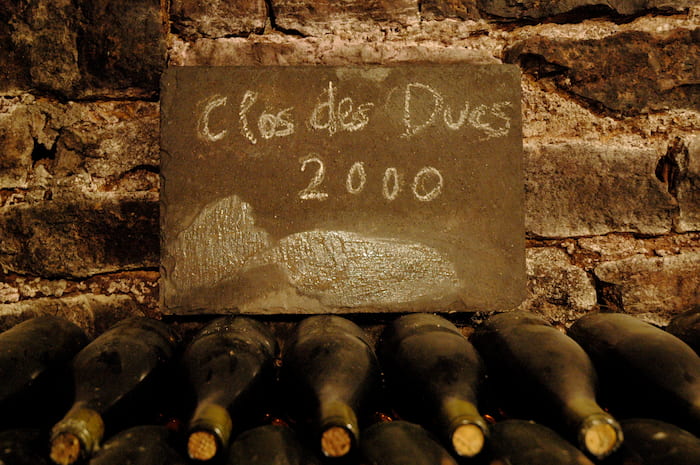
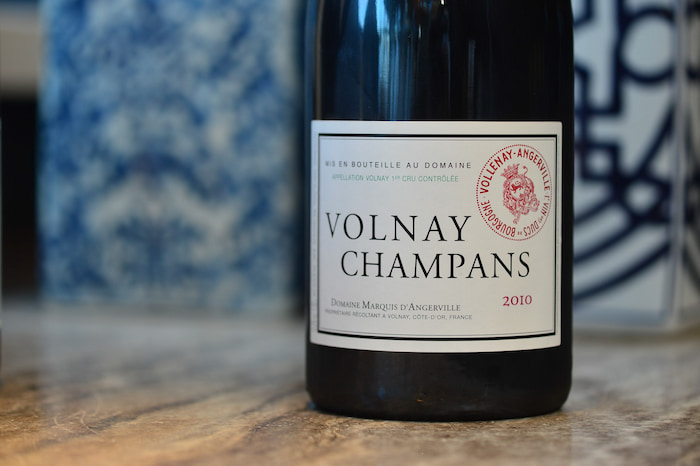

© 2024 Copyright – Le Club FICOFI® | Design by OLC
This website uses cookies to ensure you get the best experience on our website as specified in our Cookie Policy. You can consent to the use of such technologies by clicking on “I agree”.